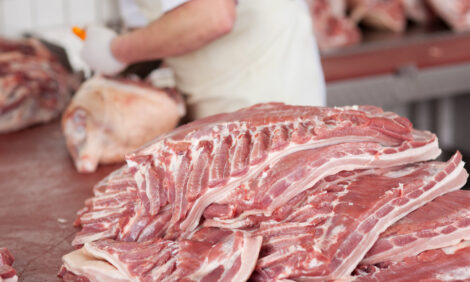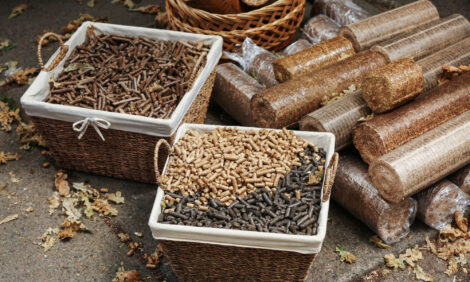



Maintaining the Low Salmonella Status of NI Pork
NORTHERN IRELAND, UK - Salmonella is an important cause of foodborne disease in humans with symptoms ranging from mild to severe. Salmonella can be carried by a wide range of wild and farm animals, and more recently have also been associated with plant products. As pigs can be infected with Salmonella, but show no signs of illness, they have the potential to give rise to contaminated pork.
However, studies have shown that the occurrence of Salmonella on pork products from Northern Ireland (NI) is low, as strict hygiene regulations are followed. Nevertheless, the industry recognises that continued vigilance is required to maintain the current safety of NI pork. Therefore, the Department of Agriculture for Rural Development (DARD), Pig Regen Ltd. and the Ulster Pork and Bacon Forum have jointly funded the Agri-Food and Biosciences Institute (AFBI) to investigate means to further reduce the risk of Salmonella contamination of pork products through an integrated whole-chain approach throughout production and pig processing systems.
A project team has been established across AFBI to include pig production scientists, microbiologists and veterinarians. This team has completed a comprehensive review of the literature which has identified the gaps in the current knowledge on Salmonella in pigs and pork and has commenced a series of studies to obtain information to address these gaps. A detailed questionnaire has been developed and all pig producers are being invited to contribute to the project by completing the questionnaire with their veterinary surgeon. The data from the questionnaire will then be used to identify and prioritise the factors which contribute to Salmonella infection on-farm.
In addition to this, there are detailed studies on-going on five farms across Northern Ireland which aim to identify the point of infection on-farm. These studies are part of active collaboration with pig producers and their veterinary surgeons. The findings from both components of the programme will provide important information on where to target future intervention studies to further reduce Salmonella prevalence in pigs. In addition, two processing plants in NI are participating in studies to assess on-line hygiene and any potential areas where cross-contamination could occur. Again, this will provide crucial information as to where best to apply control measures to further reduce the risk.
While the project is still at an early stage, its importance has been recognised throughout the entire industry and there is agreement that this whole-chain approach is the best way to maintain the low occurrence of Salmonella in NI pork products.







